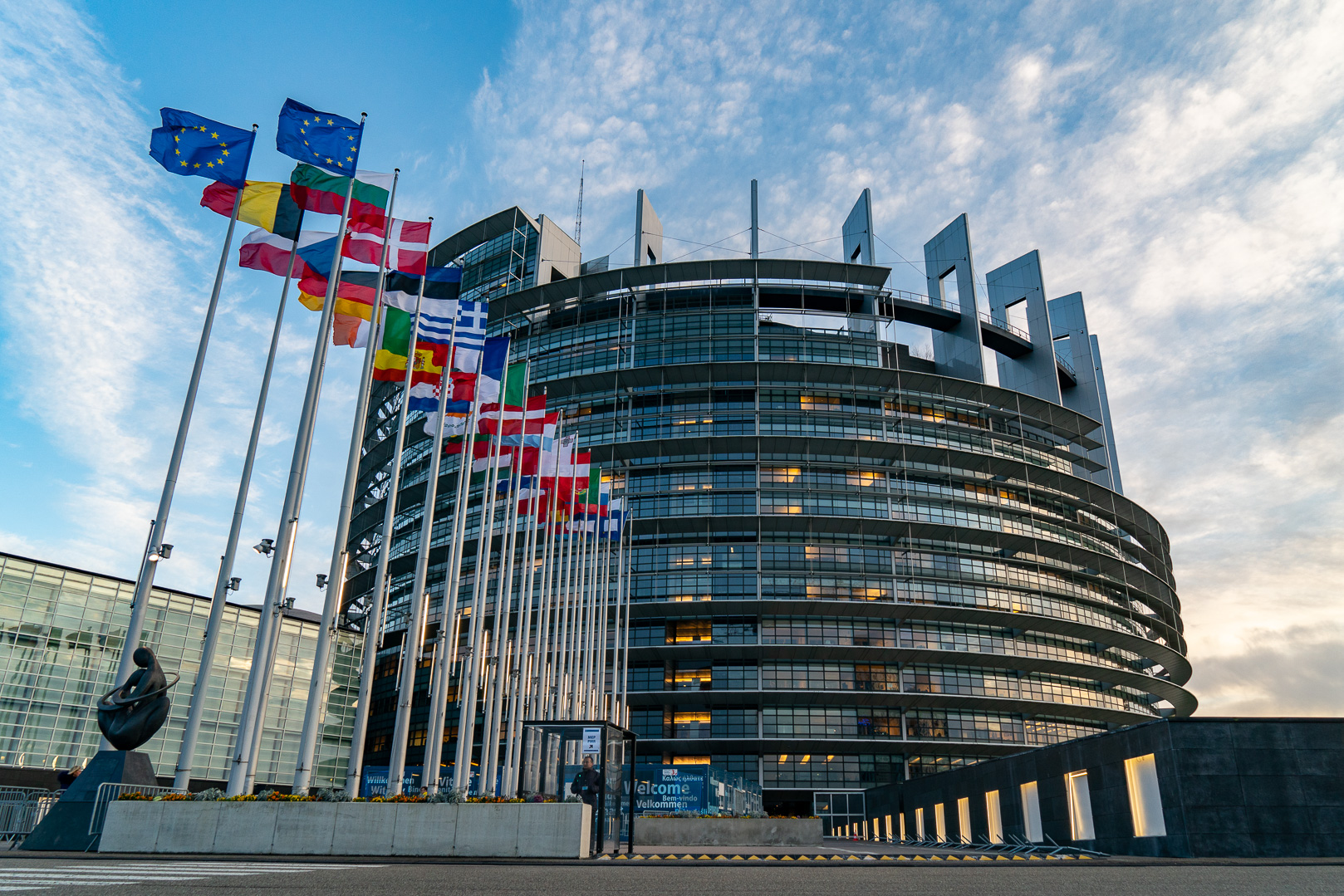Oil prices increased over the weekend after Saudi Arabia announced that it would cut its production to nine million barrels per day (bpd) in July, down from 10 million bpd in May.
The cut represents an additional attempt to shore up oil prices after the Organisation of Petroleum Exporting Countries and other allies, known as OPEC+, said they would continue to limit supply into 2024.
The cuts, representing around 3.6 per cent of global demand, were due to be renegotiated at the end of 2023, but after a seven-hour meeting on Sunday (yesterday), Russian Deputy Prime Minister Alexander Novak said the self-imposed limits will extend to the end of 2024.
OPEC+ pumps around 40 per cent of the world’s crude oil, and its decisions have a major impact on global oil prices.
Oil prices have plummeted over the last year, with the price for West Texas Intermediate going from $120 a barrel in early June 2022 to $72 on Monday (today) – although this is significantly higher than the $68 it fetched just last week.
Ryanair cuts Malta link to Serbia’s Niš
The low-cost airline is slashing some major routes in Germany, Spain, Belgium, Portugal and Malta
Event tourism is the standout travel trend for 2026 – How will Malta fare?
The global tourism market is booming, and events are leading the way
EU Parliament agrees on common system to calculate corporations’ taxable income
The reform is designed to replace today’s patchwork of national tax rule






